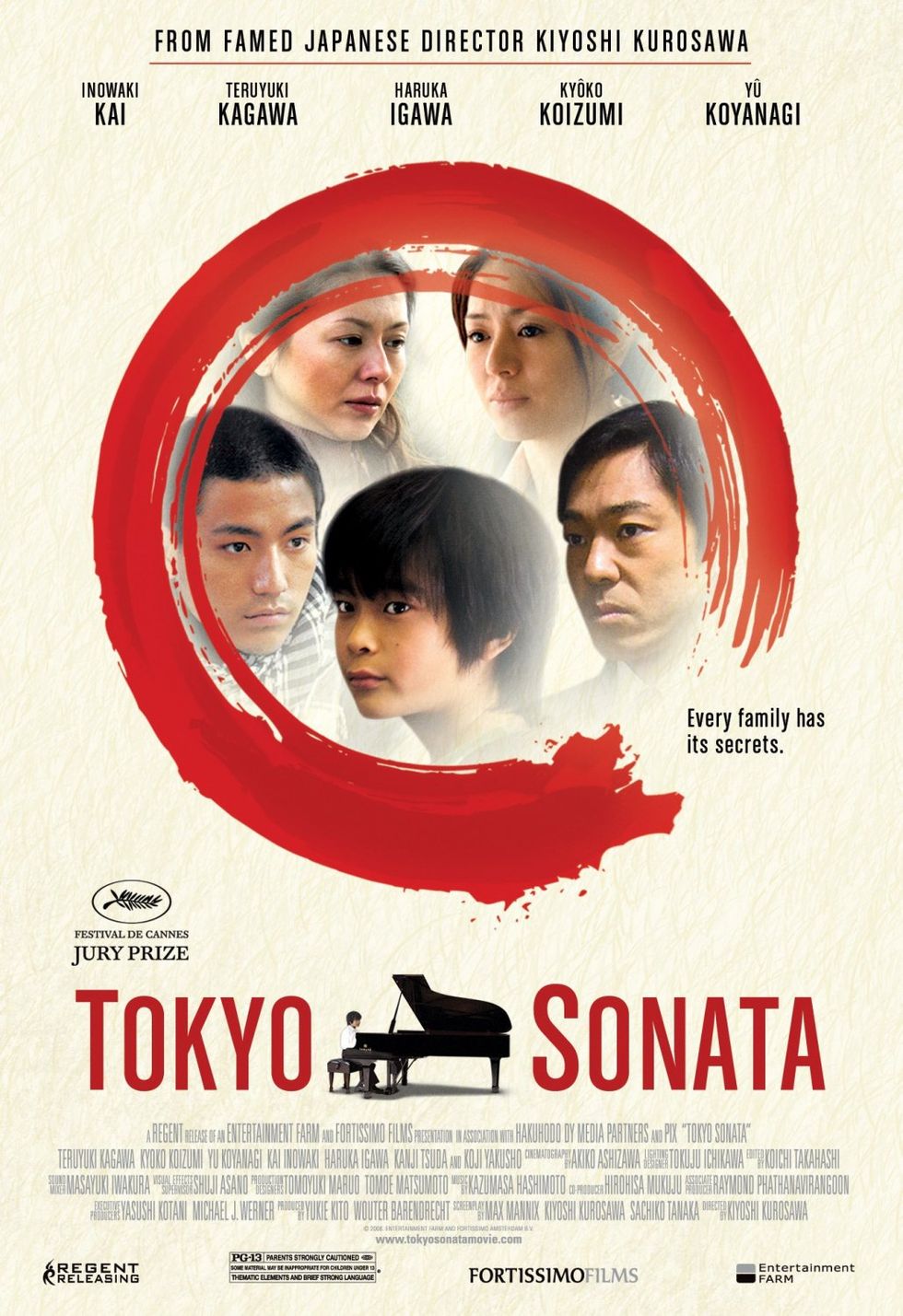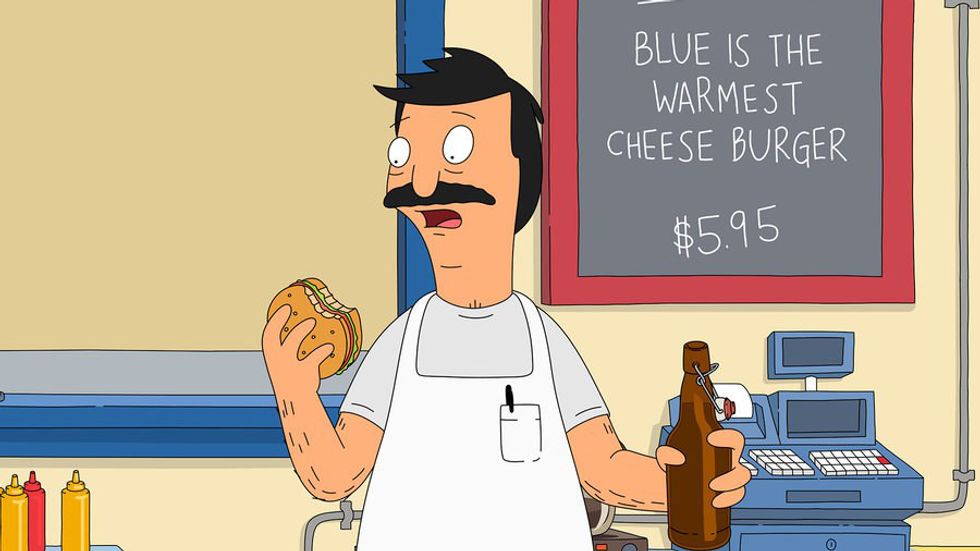
I first mistook the director of this movie (Kiyoshi Kurosawa) with Akiro Kurosawa -the director of Maboroshi - my favorite one. I was wondering throughout the film why the two films differed so much, and luckily I was mistaken. There are many similarities among Japanese directors, but each still has his own style.
I like Tokyo Sonata, but not very much. I will give it 8 out of 10, the same as La La Land - a movie I watched recently. Part of the reason why I prefer old films is that I like films that I can relate conceptually but not realistically. There's some discomfort associated with confronting the naked representation of your life on the screen. Both LLL and TS are such movies.
The characters' reactions remind me of a conversation during this winter break with friends who enjoy taking adventurous travel. "What's the point of engaging in so much danger? What are you seeking? Beauty? Experience?" - I asked. They tried to describe their feelings, but none of their answers convinced me. If they want excitement, they can try thrilling games at King Island, for example. If they want beauty, there are innumerable alternatives to appreciate it without risking lives.
Only a single detail captured my attention: the feeling of lying on the ground after falling off from the motorbike. "You just lie there, feeling as if you were lying on your bed, feeling time pass like forever, ignoring all passers-by. And at some point, you get up, just like after a long sleep." There's a sense of refreshment underlying this narrative, with which I can strongly identify. I have been through moments when things almost reached the bottom, then I did something crazy, fell, and somehow stood up. People often emphasize the heroic aspect of "standing up" but I truly believe that the act of embarking on the unknown venture is also worth celebrating.
As if by coincidence, all the members of the family in Tokyo Story underwent the "refreshing experience" at around the same time. Nothing significant changed, but something inside them was relieved. Pride? Fear? Hope for an abrupt transformation? Or simply a mental suffocation? I don't know. This varies case by case. Similarly, my friends didn't pursue beauty or experience. They were essentially chasing something much vaguer yet more substantial - a sense of renewal in the mundane circle of everyday life.
And it's not the crisis of the 20s as I always thought. All ages should expect to face this issue, probably only in different forms. Thus, it's unfair to think of parents as perfectly moral beings that cannot afford to make any mistakes. That belief, however deeply embedded into social practices, essentially leads to unnatural harmony and unnecessary judgment. After all, what should offspring expect from their parents? Only that they are essentially imperfect but essentially "good" deep inside (I have yet to know how to define "good" to be honest, probably the discomfort/ guilt about the "bad?") and are still trying to live "good" lives.
Since I came to appreciate the beauty of "humanistic" movies like this, which make me become more accepting of life in and of itself, I have been wondering whether I have become less ambitious and assertive - desired qualities to thrive in this competitive society. I don't know. When things don't go well, I try to maintain mindfulness by telling myself that there is a deeper meaning inside, and that I should learn the art of satisfaction. And I think I have become more humanistic.
But I have not. Sad but true, the old rule applies here. No pain, no gain. I cannot assimilate the humanistic lesson until I have experienced the most profound sufferings. Humanism cannot be acquired by chanting plenitudes. You must immerse in life with your full heart and will. Every lesson is brand new however familiar it may seems. If there is anything you can improve throughout this process, it is probably a sense of fearlessness, which will prompt you to throw yourself deeply into Life despite tremendous self-doubt and fear.
There's no alternative.
Well, that's 622 words so far! Too much for a day, but I need this break. And tomorrow, you will see me biking around in my flying skirt, with my big smile and heavy schoolbag.
I will rise strong again!
P/S:
What I dislike about this movie is its excessive dramatization of the situation. The kid is not necessarily a prodigy, the mother doesn't necessarily have sex with the robber, the father doesn't necessarily become a cleaner, that family doesn't necessarily commit double suicide, and the brother doesn't necessarily go to America to "find happiness by fighting alongside my American friends." I'm sure the director wants to emphasize the hidden trauma underneath the tranquil appearance of the family, but he doesn't have to go that far. It is not that I feel comfortable with shocking details (I have watched much more dramatic movies), but that the excess of tragedy, given this movie's message, makes it seem a bit unnatural and structural. The flip side of utmost tragedy is idealism.Though the central theme is highly relatable, the blown-up details create an unnecessary distance from real life.
Or it's because I underestimate the crisis prevalent in the Japanese society at the time. Anyway, I am from Vietnam - one of the most optimistic nations in the world.

































